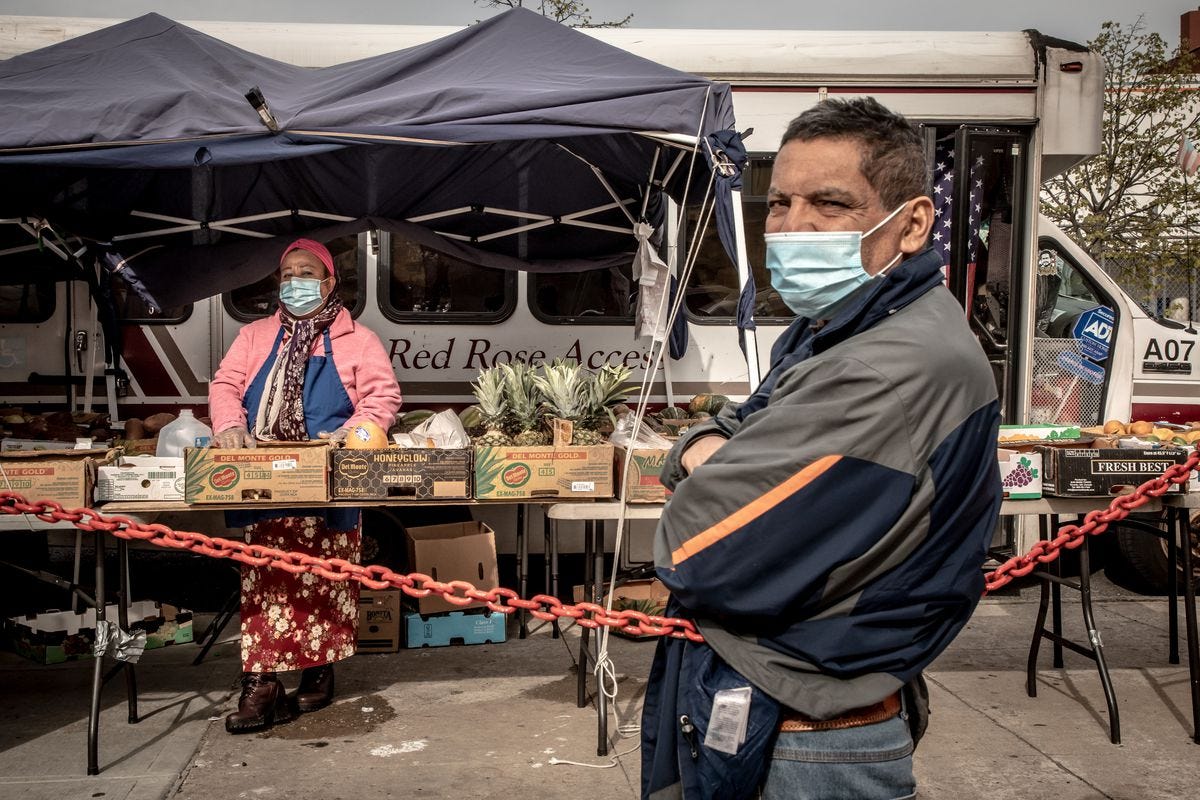The Experience of Street Vendors in Cali, Colombia during the Pandemic
As cities locked down, they lost their livelihood. Now they need is a new social contract that cements their participation in the region’s political and economic systems
The informal sector has been most negatively impacted during the pandemic. With the Colombian government prioritising public health over livelihoods, a new study sheds some light on the hardship of street vendors during the pandemic and the deepening of their vulnerabilities.
Informality is a common characteristic among countries of the global south, with an average of 60% of the working age population in Latin America earning a living through informal employment, and even more so countries such as Honduras, Guatemala and Bolivia.
Street vending is an important part of the world of informal employment. Street vendors have historically faced significant socioeconomic challenges.
The highly public nature of street vending makes insecurity, harassment, evictions and confiscations forms of exclusion that significantly impact on one’s ability to earn a living.
Street vending as a class issue
Governments have a complex relationship with street vendors. Apparent concerns about public health, a pe…




